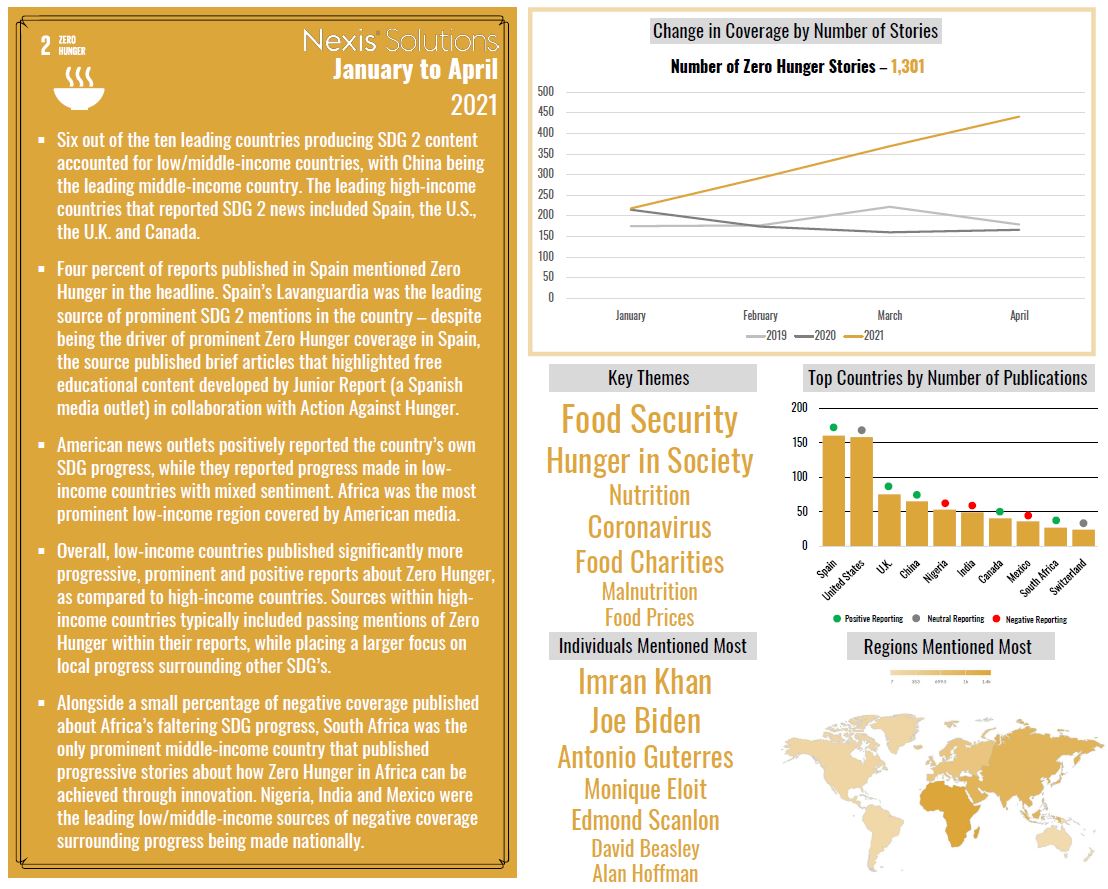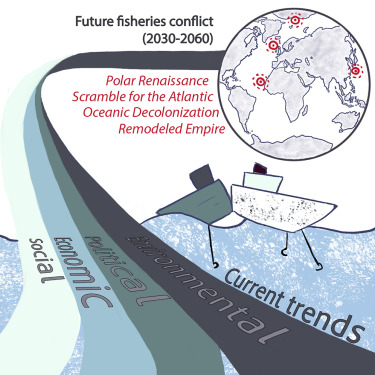Food security, nutrition, and sustainable agriculture constitute fundamental elements that contribute significantly to the attainment of the United Nations' Sustainable Development Goals (SDGs). These goals are a globally shared blueprint that calls for peace and prosperity for all people and the planet. Focusing on food security and nutrition is directly linked to SDG 2 which seeks to "End hunger, achieve food security and improved nutrition, and promote sustainable agriculture." Beyond SDG 2, these themes also relate to other SDGs such as Goal 3 - Good Health and Well-being, Goal 12 - Responsible Consumption and Production, and Goal 13 - Climate Action. The relationship between sustainable agriculture and these goals is profound; by promoting eco-friendly farming methods, we reduce the environmental footprint, mitigate climate change, and ensure the long-term sustainability of food production systems.
Moreover, sustainable agriculture is vital in fostering biodiversity, improving soil health, and enhancing water use efficiency, which are critical aspects related to Goals 14 and 15 - Life below Water and Life on Land respectively. By safeguarding our ecosystems, we not only ensure food security but also the preservation of the natural environment for future generations. In turn, better nutrition is a conduit to improved health (SDG 3), and it can also influence educational outcomes (SDG 4), given the known links between nutrition and cognitive development.
Furthermore, it is worth noting that the interconnections go beyond these goals. There's an important nexus between sustainable agriculture, food security and issues of poverty (SDG 1), gender equality (SDG 5), clean water and sanitation (SDG 6), and economic growth (SDG 8), among others. Sustainable agriculture creates job opportunities, thus reducing poverty levels. By empowering women in agriculture, we can help achieve gender equality. Proper water and sanitation practices in agriculture can prevent contamination, ensuring clean water and sanitation for all. Therefore, the triad of food security, nutrition, and sustainable agriculture, while being a significant goal in itself, is also a vehicle that drives the achievement of the wider Sustainable Development Goals.


